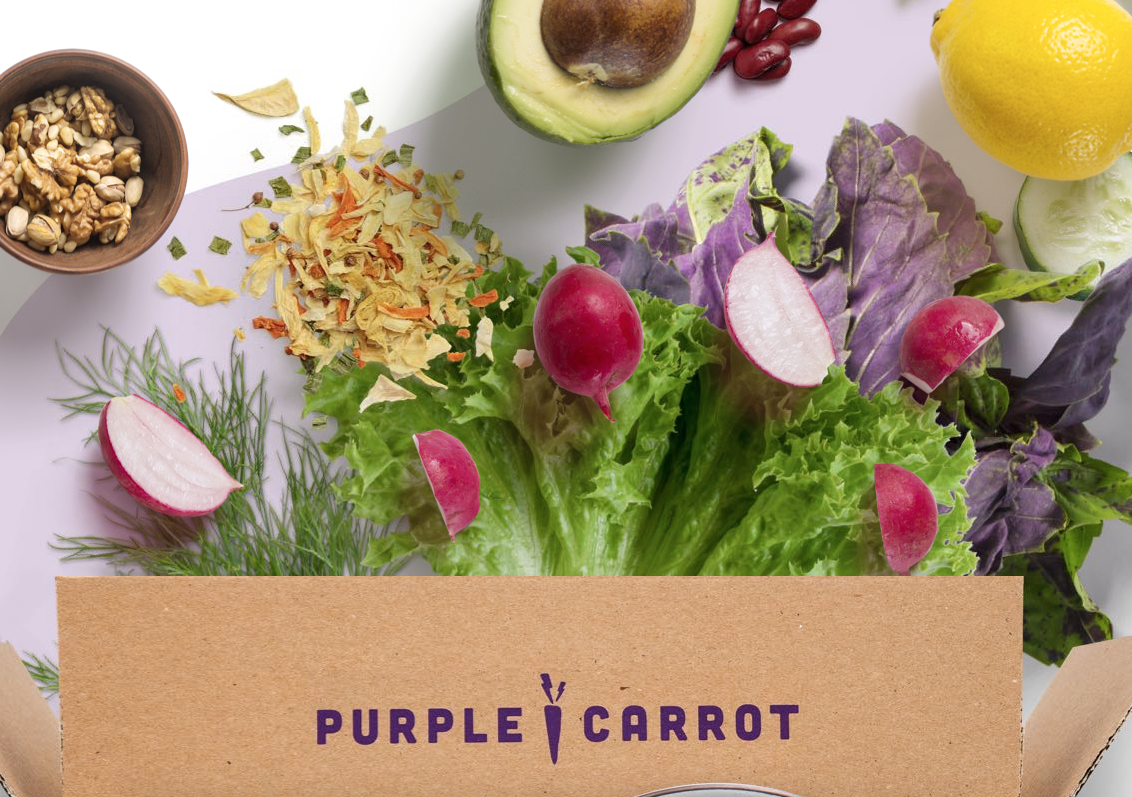5 Food Brands That Thrived During COVID: What They Did
The pandemic has disrupted how all brands work, irrespective of their size or industry. In the last couple of weeks, we identified why 75% have changed brand loyalties and how to stay relevant as consumer behavior changes. Many food brands found new or sustaining success in 2020.
Here are five brands of varying sizes and different markets that did just that - and how:
At Super Coffee, Its Business as Usual
Super Coffee, a low-sugar alternative to bottled coffee and energy drinks, is only five years old but already has a $200 million evaluation.(*) Even though sales dipped this spring, the brand chose not to lay anyone off. Instead, they found other areas to cut spending by running what-if analyses to predict potential impacts on their bottom line.
These analyses provided them with an opportunity to get a leg up on their competitors by asking for more funds and releasing new products as planned. Among these products were new coffee pods. At a time were homebound Americans were looking for small, at-home luxuries, specialized coffee pods that were in high demand.
Super Coffee also doubled down on digital marketing with content creation and ads while people’s screen time nearly doubled. By reviewing their positioning, staying and steady, and running successful digital marketing campaigns, Super Coffee continues to thrive.
Recently, they’ve partnered with Anheuser-Busch InBev to get into major retailers like Costco and Walmart, and are striving to grow 200% next year.
Super Coffee is also giving back to the community. During COVID-19, the brand has been donating 3% of all sales to the Bowery Mission, an organization that works with NYC’s homeless. (*)
Purple Carrot Provides Single Serve Meal Kits
Purple Carrot is a meal-kit provider that is taking full-advantage of the plant-based options trend. Between concerns fostered by the pandemic and the incredible growth of plant-based items like the Impossible Burger, Purple Carrot was at the right place at the right time. The food brand’s new line of single-serve meal kits have become very popular in Whole Foods during the pandemic as consumers are looking for healthy alternatives to take out and self-serve.
Founder and CEO Andy Levitt is dedicated to create “incredible plant-based meals that even non-plant-based consumers will love.(*)” With products like their maple chipotle veggie bowl, their fiesta pepper bowl, and plant-based meatball marinara, they’re doing just that.
Purple Carrot is also socially conscious, and has donated a percentage of all sales to Feeding America. (*)
Magic Spoon Played the DTC InstaGame
Magic Spoon was founded in April 2019, but you wouldn’t know it by their sales or Instagram presence. The high-protein, low-carb cereal targeted health-conscious millennials with keto-friendly ingredients and child-like whimsy. While many of this food brand’s flavors resemble the sugary, fruity, cinnamon cereals we grew up with, you can eat Magic Spoon with minimal guilt.
While quarantine can be a bland and lonesome, Magic Spoon’s Instagram is full of bright squares, sprinkles, birthday cakes, and plenty of beautifully designed boxes.(*) They’re also direct to consumer (DTC), so you don’t have to go through a middleman to relive your fond childhood memories. While DTC is risky and involves a sizable marketing budget, Magic Spoon continues to rake in the profits and is experiencing steady growth.
During the pandemic, Magic Spoon is partnering with organizations like The Food Bank of NYC and Rethink Food NYC. They have donated 20,000 boxes of their cereal to children. (*)
Hershey’s #QuarantineBaking
COVID-19 isn’t just a virus; it’s 2020s version of the Freshman 15. When people are anxious, stressed, and/or depressed, we turn to chocolate. Hershey’s was positioned to prosper during the pandemic, but what matters is how they chose to prosper.
The opportunity was in plain sight:
Yeast sales increased 647%
Flour sales nearly tripled(*)
Cocoa sales were up 126%
Hershey’s baking chips were up 75%
The search query “kids baking” saw a 770% spike
The hashtag #quarantinebaking was trending on Instagram and Pinterest with over 230,000 posts (*)
In a time of isolation, Hershey’s sought to connect families through baking. While Hershey’s worked tirelessly to keep their shelves stocked with popular baking supplies, Hershey’s Kitchens delivered mouth-watering recipes for families to make together at home.(*) They ran contests on their site, invited people to share recipes, and continuously engaged with their audience by asking them to “make memories” through their baked goods.
As we enter the holiday season, Hershey’s is inviting families to enjoy their new line of recipes and make holiday traditions. Their focus on togetherness is helping them dominate the chocolate industry, but more importantly, their providing comfort and joy at a time when it’s needed most.
Burger King: Be Your Way
Burger King entered the pandemic with numerous advantages over other food brands. They’re:
A recognizable brand
Affordable
Remained open
Gave people a safe excuse to leave their homes
As the pandemic ravaged the world, Burger King and its parent company, Restaurant Brands International, used their global footprint to track what was working in various marketing and implementing the best ideas in others.
Their marketing team thought outside of the box and came up with multiple, unique ways to interact with their consumers. They showed people how to make Whoppers at home with grocery store ingredients. They offered free Whoppers to students who solved various questions while home from school, and also led interactive ad campaigns were viewers could scan a QR code on their TV screens.(*)
Then, the massive fast food brand made an unusual move: it called for their customers to order from McDonald’s and their other competitors.
Their statement read: “We never thought we’d be asking you to do this. Just like we never thought we’d be encouraging you to order from KFC, Subway, Domino’s Pizza, Pizza Hut… We never thought we’d be asking you to do this, but restaurants employing thousands of staff really need your support at the moment. So, if you want to help, keep treating yourself to tasty meals through home delivery, takeaway, or drive thru. Getting a Whopper is always best, but ordering a Big Mac is also not such a big thing.”
Burger King’s classy move earned them a well-deserved kudos, and is something that many of their customers - and the customers of their competitors - won’t soon forget.
Food Brands Are Finding Success
Whether you’re a niche coffee company, a plant-based single-serve brand, a bright cereal company, an agile chocolate giant, or a massive fast food franchise, you can continue to grow during this pandemic. Following one or several of the many strategies presented here can help get you started.






